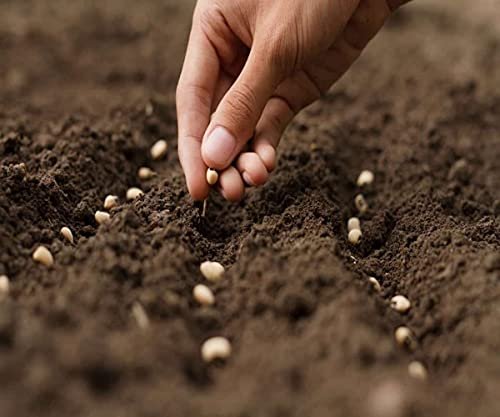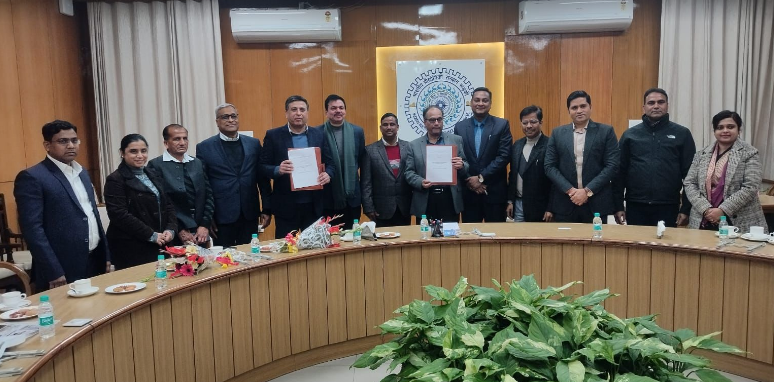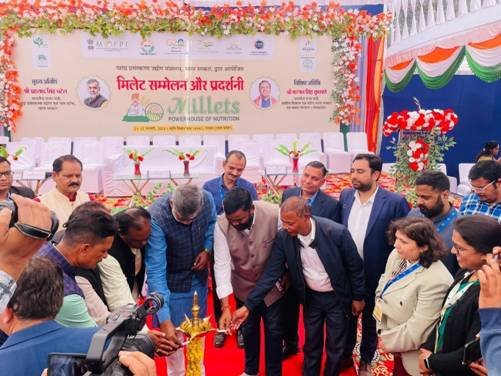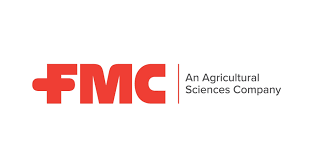12th Session of ITWG on Animal Genetic Resources elects India as Vice -chair
B N Tripathi, Deputy Director General (Animal Sciences), ICAR, and the National Coordinator, Vice-chaired the Session and also act as Rapporteur.
In the recently concluded 12th Session of the Intergovernmental Technical Working Group (ITWG) on Animal Genetic Resources (AnGR) at Rome, India was elected as Vice-chair and represented Asia & Pacific region. B N Tripathi, Deputy Director General (Animal Sciences), ICAR, and the National Coordinator, Vice-chaired the Session and also act as Rapporteur.
The Working Group was established by the FAO’s Commission on Genetic Resources for Food and Agriculture (CGRFA), functions to review technical issues; advise and make recommendations to the Commission and further implement the Commission’s programme related to AnGR at the global level.
In the 12th Session of ITWG, implementation of the Global Plan of Action for Animal Genetic Resources, monitoring of AnGR diversity and preparing the 3rd Country Report were reviewed. Further agenda points on the role of microorganisms relevant to ruminant digestion, the role of genetic resources in mitigating and adapting to climate change; access and benefit-sharing for AnGR; digital sequence information and potential implications for the conservation and sustainable use of genetic resources were discussed.
Earlier to the ITWG Session, the Global National Coordinators’ Workshop was held at FAO Head Quarter. In the Workshop, B N Tripathi shared the country’s experience in updating data in Domestic Animal Diversity – Information System (DAD-IS) and presented a framework for cataloguing native populations including breed registration, notification system etc. National priorities for germplasm cryopreservation and documenting non-descript AnGR to fulfil SDG indicators were appreciated by the members.
B N Tripathi, Deputy Director General (Animal














